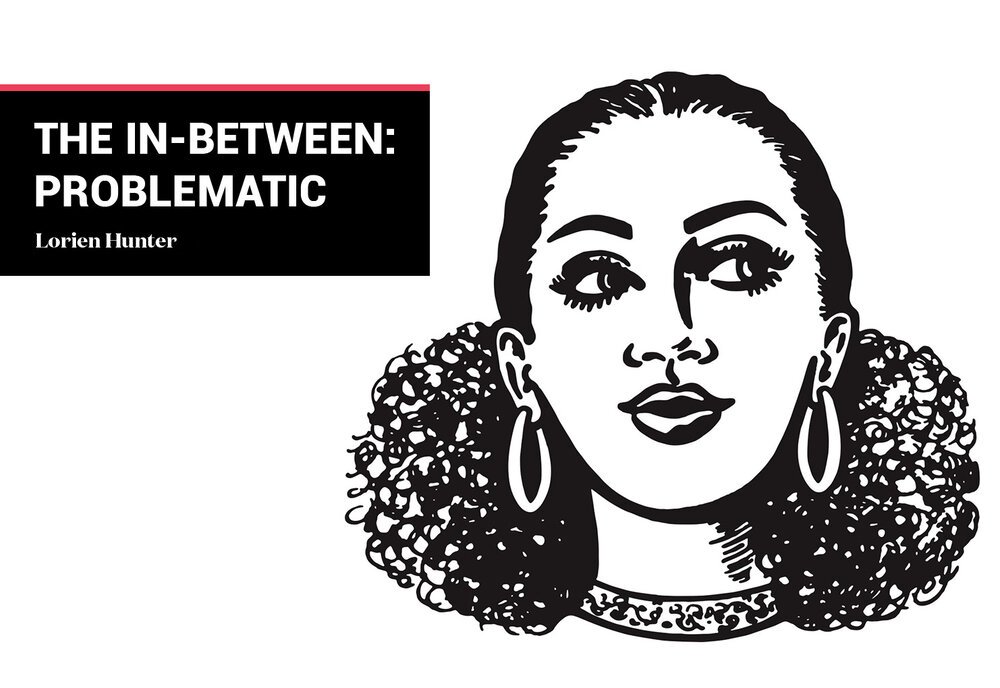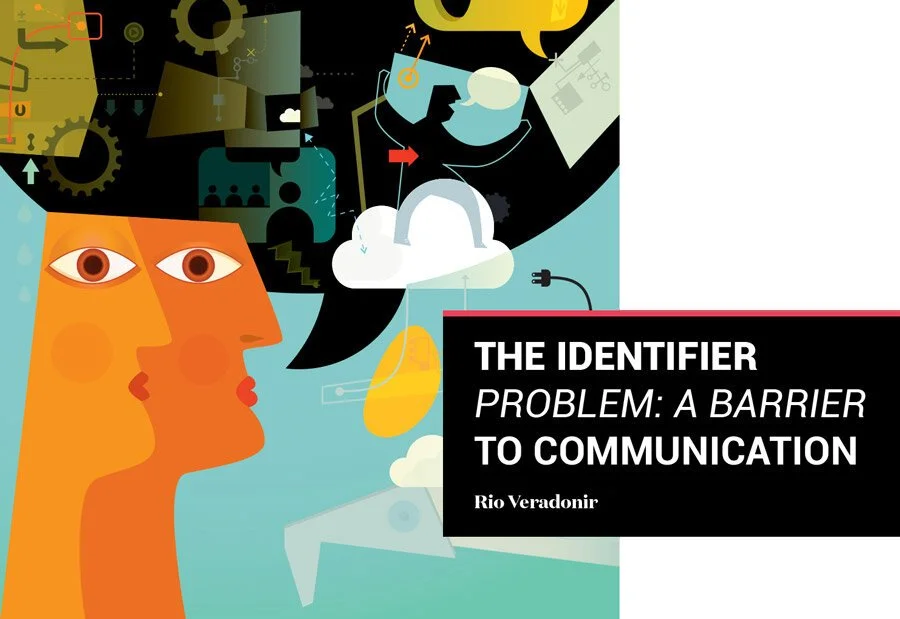Maricón
When I moved to the United States as a teenager, I couldn’t speak much English. I struggled to have basic conversations, even though I had studied the language for years in Mexico. It took six additional months of exhaustive practice, immersed exclusively in an English-speaking culture, before I was able to achieve conversational proficiency. In the process, I was also able to free myself from many of the sex-negative and homophobic views I had absorbed growing up. Because I was newly engrossed in English while discovering my sexuality, the combination created a kind of self-rediscovery feedback loop. Little by little, I began to understand the ways in which culture had shaped my attitude around sex and sexuality. As I learned a new linguistic lexicon, I came to appreciate different ways of conceptualizing and understanding relationships.
One key factor that helped me in this process was my gradual recognition of the distinction between words and meaning. Before I gained fluency in English, the relationship between a Spanish word and the thing it referenced had seemed practically inseparable. It was not until I grew intimately familiar with a second language that I was able to fully appreciate what Swiss linguist Ferdinand de Saussure meant when he discussed the separation of language into its two parts: signifiers (i.e. words) and signifieds (the things those words are meant to represent). This realization helped me see myself and my attractions in a new light, and ultimately unburdened my mind from many of the old stigmas and associations that had been ingrained in me as a child.
Growing up in Mexico City under the strong influence of my grandmother’s Catholicism, I had come to associate certain Spanish words with sinfulness and shame, especially those related to sex and sexuality. It was as if every word in Spanish involving these topics had two signifieds for me: the literal meaning of the word, and the personal, emotional, and cultural baggage I associated with it. Whenever I heard or spoke one of those sex-related signifiers, I felt guilty and uncomfortable. Not surprisingly, this reaction made it difficult for me to fully embrace or explore my sexuality.
English, by contrast, was like a blank slate for me. Words had only their literal meanings because psychologically, I didn't link the English signifiers with negative signifieds. Consequently, I was able to talk about sex more easily in English because I was using a different set of words that had none of the baggage seared into my understanding of their Spanish counterparts, even though the terms had almost identical definitions.
Of all the examples that illustrate this evolution in my mind, one word stands out: maricón — a derogatory term In Spanish for a man with perceived effeminate characteristics — the equivalent of “faggot” in North American English. As a closeted preteen, I lived in constant fear of the word “maricón”, because if it had ever been applied to me, it would have meant that my secret was out. Motivated by this anxiety, feelings of extreme discomfort and even anger arose whenever I encountered it.
Conversely, the English word "faggot" has no such connotation for me. Even though their meanings are alike, I was never terrified of being called a "faggot" when I started attending high school in the United States. Many of my English-speaking queer friends, on the other hand, still recoil at the sound of the word, much as I used to when hearing maricón. I never learned to associate the English word with sin and humiliation during my formative years, whereas the connection I have with the Spanish word took years for me to move beyond.
In hindsight, I am certain that this linguistic shift helped me undo much of the prudish indoctrination of my youth. It is difficult to overcome sex-negativity when every conversation about sex is a minefield. Speaking about sexuality in Spanish felt like a familiar and personal danger, whereas the same exact conversations in English felt more objective, even clinical — more about the world outside and less about the world within. With my ego out of the way, I was able to see ideas around sex more clearly. For this reason, I no longer fear the word “maricón”.
It seems entirely possible that without the experience of learning a second language, I might never have managed to get beyond the stigmas of my upbringing. Perhaps I would have, but it would certainly have been harder. Learning a second language gave me the opportunity to think about complex issues in a different way, and provided me with new tools that were free from the guilt and shame of my childhood.
Of course, there is nothing specific about English that offered me such clarity. It could have been any language, really. It was the novelty of the words that offered me the chance to separate the literal meanings from my psychological baggage. Language is not reality, it’s just a tool we use to describe it. Because individuals tend to link certain terms with subjective experiences, relying upon those words to communicate can trap a person into thinking in ways that are overly dependent upon those experiences. In order to break away from that cycle, we sometimes need to use different words.
Does this mean that learning a new language can be an effective form of therapy for people dealing with personal issues tied to language? I don't know, but perhaps, under the right circumstances. One thing is for sure: the benefits of being bilingual are not limited merely to the practical ability to speak and read another language. There is something deeper for us to learn from the experience, something more ineffable, empowering, and uplifting. Such experiences also demonstrate how imperative it is that we as a society avoid ingraining such homophobic sex-negativity in our children in the first place.
Published Oct 17, 2019
Updated May 15, 2023
Published in Issue III: Language









